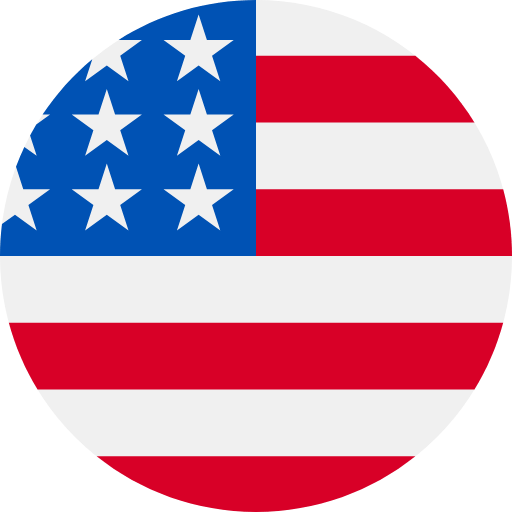Sometimes even the best sleeper in the world needs a little help getting to sleep.
Stress, anxiety, pain, and too much caffeine before bed can all contribute to an inability to fall asleep. There are many over the counter sleeping pills, but these can be problematic in that they only help you to fall asleep, not stay asleep. And traditional sleep aids can become addictive over time.
Most herbal supplements are deemed safe to use occasionally. Although, it's important to be careful if you have any types of allergies. Many types of herbs are directly related to weeds and may cause allergic reactions. Make sure to consider this when choosing herbs for anything.
You can take most of these in the form of tea, such as chamomile, which has been shown to help you relax. It is thought that herbal teas are a great way to help you to get to sleep because of the warm soothing properties they offer.
Another common form in which herbs are used is in capsules. For instance, a common herb that helps with sleep but comes in capsule form is valerian. The reason for this is that the herb itself is an unpleasant tasting. Valerian however is commonly used to help a person to relax and get sleep without leaving them feeling sleepy in the morning.
Here are 8 natural teas or supplements
✔ Chamomile
✔ Valerian
✔ Hops
✔ Melatonin
✔ Passionflower
✔ Lavender
✔ Ginseng
✔ 5-hydroxytryptophan (5-HTP) (a derivative of tryptophan)
Final words
As with any other medicine one might use to help them get to sleep, it's important to make sure you have a full eight hours of sleep so you don't feel groggy in the morning.
Some herbal sleep aids are used daily, like supplements, and others should be used in a pinch, but you shouldn't depend solely on these products to get a good night's sleep. Instead, use them to help you get through a particularly rough patch where sleeping is difficult.
Once it becomes easy to fall asleep on your own again, you should stop using any kind of sleep medication.







